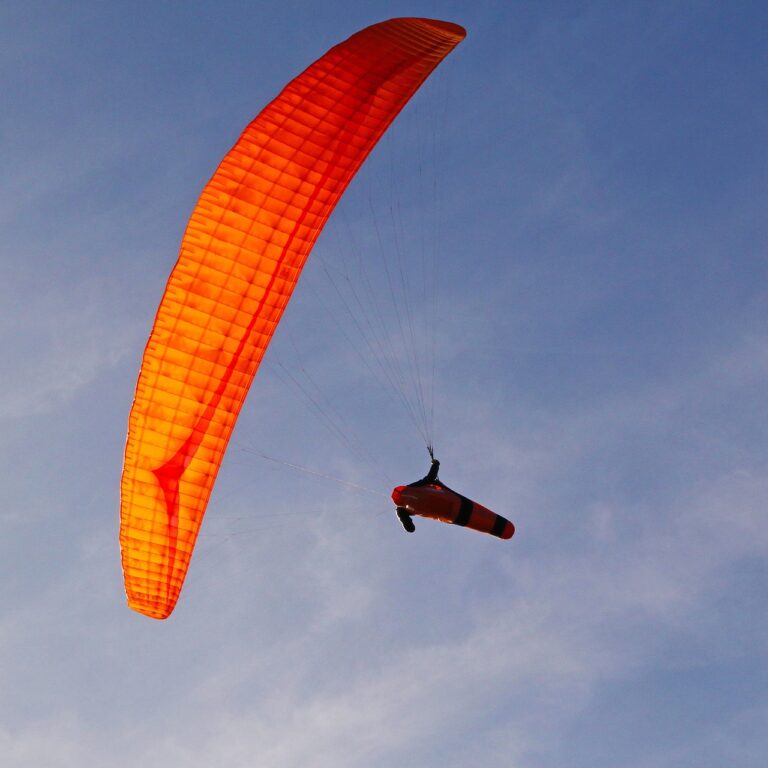Sustainable Landscaping Practices for IPL Stadium Surroundings: Tiger exchange, Golden77, Sky 99 exch id
tiger exchange, golden77, sky 99 exch id: Watching a cricket match at an IPL stadium is a thrilling experience for fans all over the world. However, what many people don’t realize is that the landscaping surrounding these stadiums plays a crucial role in creating a welcoming and sustainable environment for both visitors and the community. In this article, we will discuss some sustainable landscaping practices that can be implemented in and around IPL stadiums to enhance their beauty and promote environmental conservation.
1. Native Plant Selection
One of the key principles of sustainable landscaping is to use native plants that are well-adapted to the local climate and soil conditions. By selecting native plants for landscaping around IPL stadiums, we can reduce water usage, minimize the need for chemical fertilizers and pesticides, and support local wildlife.
2. Drip Irrigation Systems
To minimize water wastage and ensure efficient watering of plants, drip irrigation systems can be installed in the landscaping around IPL stadiums. These systems deliver water directly to the roots of plants, reducing evaporation and runoff while promoting healthy growth.
3. Rainwater Harvesting
Rainwater harvesting is a sustainable practice that involves collecting and storing rainwater for later use in irrigation. By implementing rainwater harvesting systems around IPL stadiums, we can reduce the reliance on municipal water sources and conserve water for landscaping maintenance.
4. Permeable Paving
Permeable paving materials, such as permeable concrete or gravel, allow rainwater to infiltrate the ground instead of running off into storm drains. By using permeable paving in parking lots and walkways around IPL stadiums, we can help reduce flooding and improve water quality.
5. Integrated Pest Management
Integrated Pest Management (IPM) is a holistic approach to pest control that prioritizes prevention and uses environmentally friendly methods to manage pest populations. By implementing IPM practices in landscaping around IPL stadiums, we can reduce the use of harmful chemicals and promote a healthy ecosystem.
6. Composting
Composting organic waste from landscaping maintenance can help reduce the amount of waste sent to landfills and provide nutrient-rich soil amendments for plants. By incorporating composting practices around IPL stadiums, we can close the loop on organic waste and promote soil health.
FAQs
Q: How can sustainable landscaping benefit IPL stadiums?
A: Sustainable landscaping practices can help reduce water usage, minimize chemical inputs, support local wildlife, and create a beautiful and welcoming environment for visitors.
Q: Are sustainable landscaping practices expensive to implement?
A: While there may be upfront costs associated with implementing sustainable landscaping practices, the long-term benefits, such as reduced water and maintenance costs, can outweigh the initial investment.
Q: How can I learn more about sustainable landscaping practices for IPL stadiums?
A: You can consult with landscape architects, environmental organizations, or local government agencies for guidance on sustainable landscaping practices tailored to IPL stadium surroundings.







